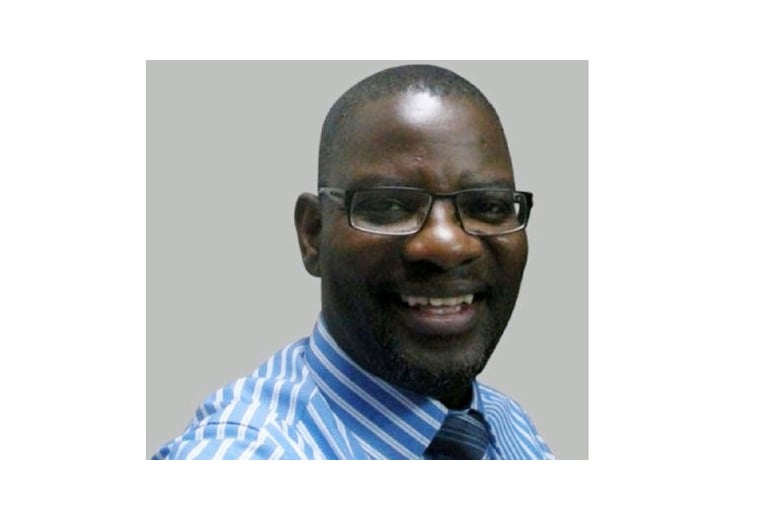Prime
This Karamoja eye doctor got State House help and is now a rising star

Mr Musaazi Namiti
What you need to know:
- Once I started reading stories about her, I could see that she is doing some really impressive work — and I decided to devote this Sunday’s column to her. Everything is based on articles about Ms Atto that were published on theophthalmologist.com and documentwomem.com.
I stumbled on Karamoja’s (arguably) best-known medical doctor on X, formerly Twitter, just as I was preparing to write this column about a completely different topic.
Before I read her tweet about an “angry” eye she was treating, I did not know anything about Gladys Atto, who heads the department of ophthalmology at Moroto Regional Referral Hospital and helps treat eye patients from all nine districts of Karamoja. That is no mean feat because we are talking about a population of 1.2 million served by just one ophthalmologist.
Once I started reading stories about her, I could see that she is doing some really impressive work — and I decided to devote this Sunday’s column to her. Everything is based on articles about Ms Atto that were published on theophthalmologist.com and documentwomem.com.
What I found interesting is — going by what has been written about her and the awards she has received — she is doing amazing work in a region where few people, apart from those who were born and bred there, want to live.
Moroto does not have the amenities you have in places such as Kampala, Jinja, Mbale, Mbarara, etc. So if you are a young woman, like Atto, who is in her early 30s, and you want to let your hair down at the weekend, for example, you will be strapped for places to hang out. In fact, she says that sometimes Moroto feels lonely “as all my friends are in the cities, far away from me”.
Yet she and her team perform many surgeries, she says, working mainly on patients with cataracts. And they reach out to patients who are unable to go to the referral hospital, choosing one district at a time where they stay for a week and perform as many as 60 surgeries.
Atto says choosing Karamoja as her duty station is something she did of her volition, although Sightseers, the organisation that offered her a scholarship to pursue an advanced degree in ophthalmology at the London School of Hygiene and Tropical Medicine, wanted her to work in the region for at least three years as part of terms and conditions.
Her accomplishments have earned her the prestigious Josephine Nambooze Women in Medicine Award — launched in honour of the first female doctor in East Africa.
But Atto’s dream of becoming a medical doctor would never be realised without financial aid from the State House. The first two semesters, she says, were very hard financially, and her mother was advising her to try something else until the State House pitched in with cash.
Her story illustrates how the government can use its resources to tackle public health problems, including a shortage of healthcare professionals, especially specialist doctors. If all students who qualify to join medical school are financially assisted by the government to complete their studies, many can serve in districts with an acute shortage of healthcare professionals.
Rather than spending hundreds of millions of shillings buying a fancy car for just one traditional/religious leader whose demonstrable relevance to the community is debatable, the government should spend this money on scores of students who want to study medicine but are short of money.
If we did this, we would have many success stories such as Gladys’s, and we would have not only ophthalmologists in remote regions but also cardiologists, haematologists, paediatricians, obstetricians and gynaecologists, pulmonologists, urologists, etc.
As things stand now, a Ugandan with a serious lung problem in Kyegegwa or Mutukula has to travel all the way to the Lung Institute in Mulago.
Mr Musaazi Namiti is a journalist and former Al Jazeera digital editor in charge of the Africa desk
[email protected], @kazbuk


